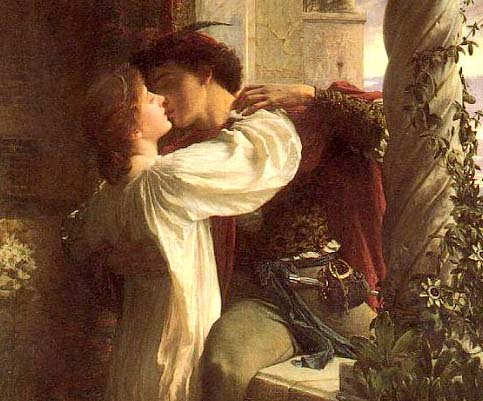



The lives of those living in refugee camps are devastating, depressing, and to the outsider and the insider often hopeless. Those who live as refugees leave their homes, mostly through military or governmental force, thinking that their situation is a temporary one. They are, for reasons of religious discrimination, economic status, or any other cultural identifier, made social and political outcasts. They are often forgotten, neglected, and harassed not only by their oppressors, but by their own (if there is one) governments and also by the world community (make sure to LISTEN!).

Buildings and schools are erected with the mind-set that they won't last long, because they won't need to. In several cases the simple and cheap buildings and infrastructure created for and by the refugees has to last longer than intended. Many of the structures are 30 years overdue. Just as the peace talks and governmental assistance for their refugees are long overdue also. External support often comes too late as well. In the Rwanda situation for example, external support was minimal and fooling to the desperate victims.
Refugees do a lot of waiting... waiting... waiting.
Interview with a Lebanese Refugee:
Q: Why did you have to leave
A: Because of the war. There was a civil war between several Lebanese political parties and
Q: How old were you when you left?
A: 21
Q: How did you get to
A: I applied for a visa to
Q: Why did you choose to go to
A: Because I had a brother who already lived there. I knew I would be safe and that I could live there normally. Those are some of the reasons.
Q: How did you learn German?
A: In School, at work, and through the family. When I arrived I immediately began taking a German course, and later I took 2 more. I always carried a dictionary in my pocket.
Q: How long were you in
A: One year.
Interview of 2nd Lebanese Refugee:
Q: How old were you when you came to
A: Around 6 years of age
Q: How did you travel into
A: Yes, we flew. We fled from
Q: How was it when you came to
A: I learned German very quickly.
Q Now that you are an adult man, how does it feel for you today? Do you think it was a good decision to have come to
A: I am happy to be here. I actually canceled by last trip to
Q: Could you tell me a little bit about your school experience in
A: I actually didn’t attend school in

It is global issues, like wars, that effect all humans, in one way or another. For some it may result in skyrocketing gas prices, for others it may mean living as a refugee. To name only a few issues that make the life for a refugee difficult are the infrastructure, sanitation, hygiene, space, housing, water resources, and the security in a camp. These are simple issues that many people can take for granted, but they are essential for survival.
Simply realizing that these issues are being taking for granted and expected by many creates an understanding of the inequalities and corruption of the world. It is important to understand that the devastation of others can affect the entire world community. A far-away conflict may impact the world's financial market or it could influence a family member or friend in one way or another.
The life of a refugee is frightening, devastating, and often tiering. The causes of the need for refugee camps are corruption and ignorance. The outcome of these features are immense for refugees, the internal camps and it residence, as well as the external world.























